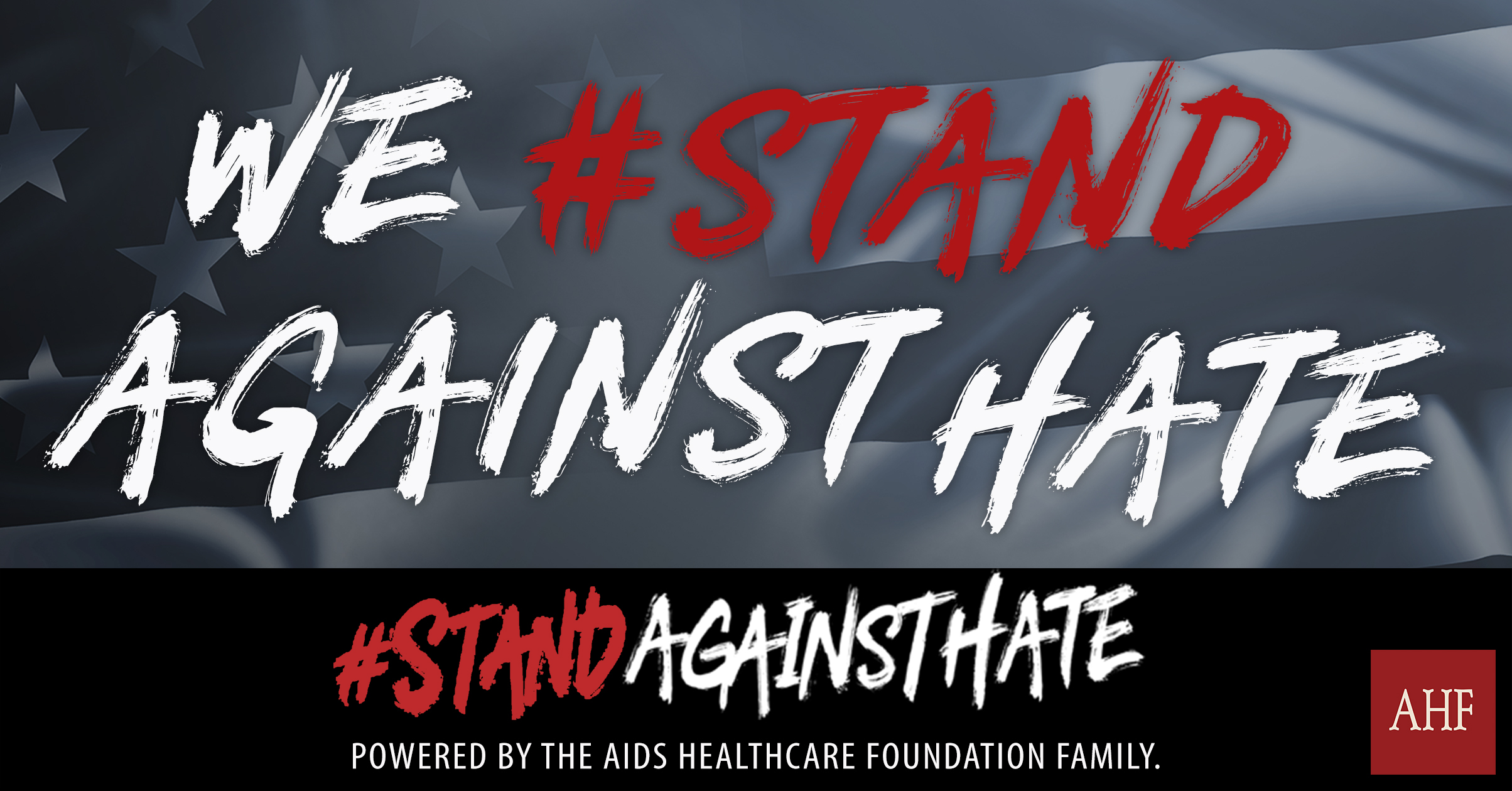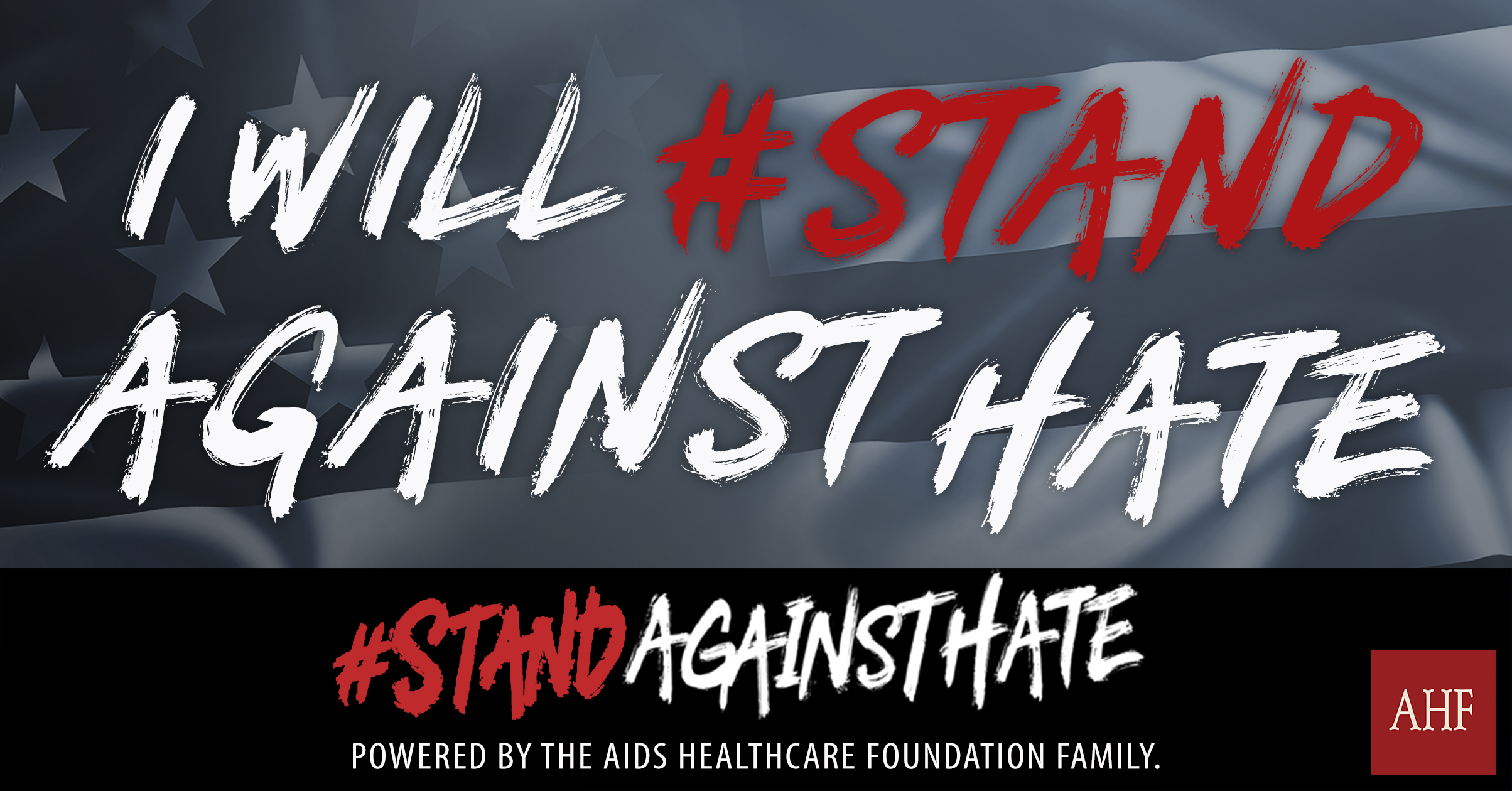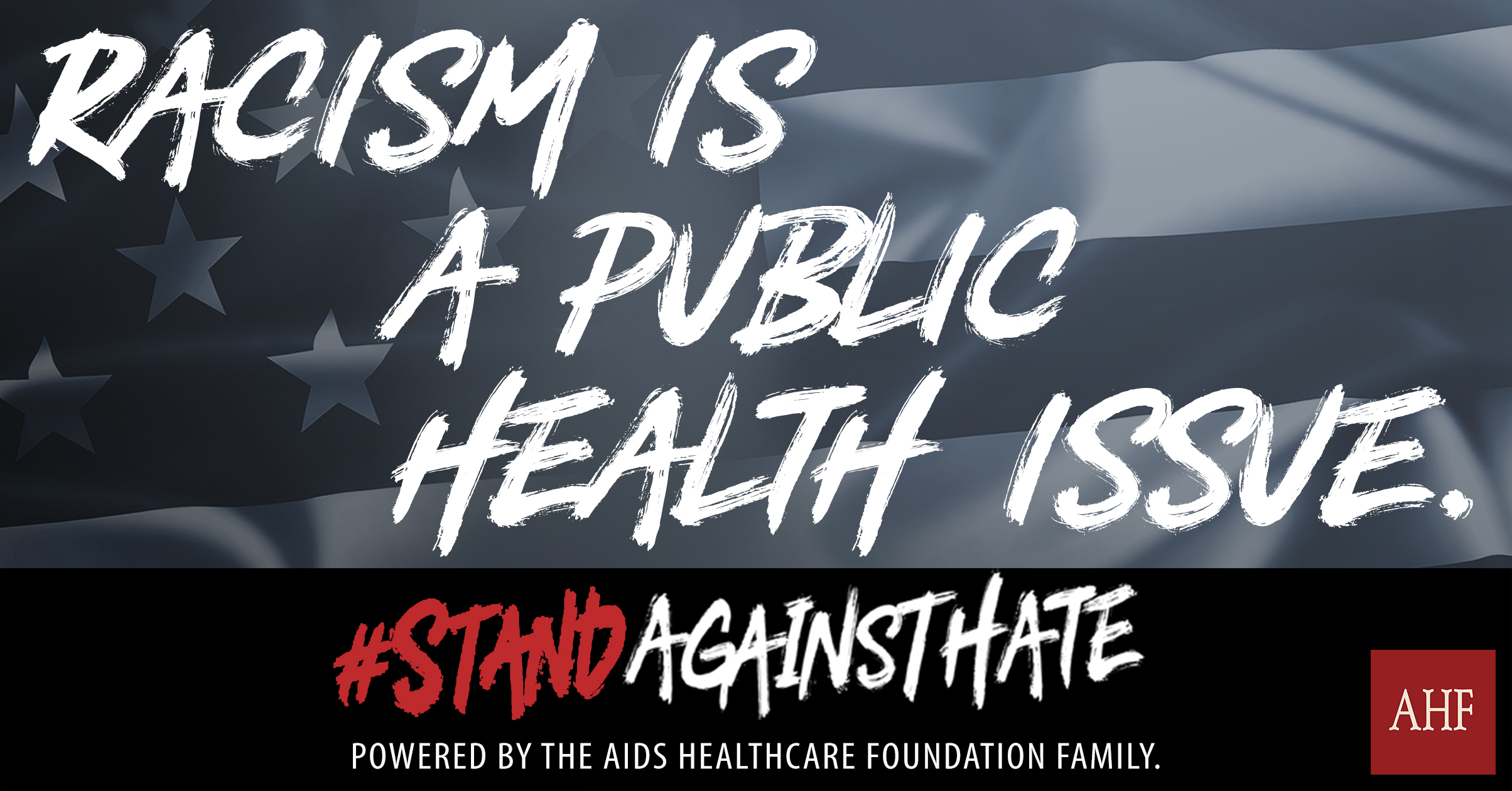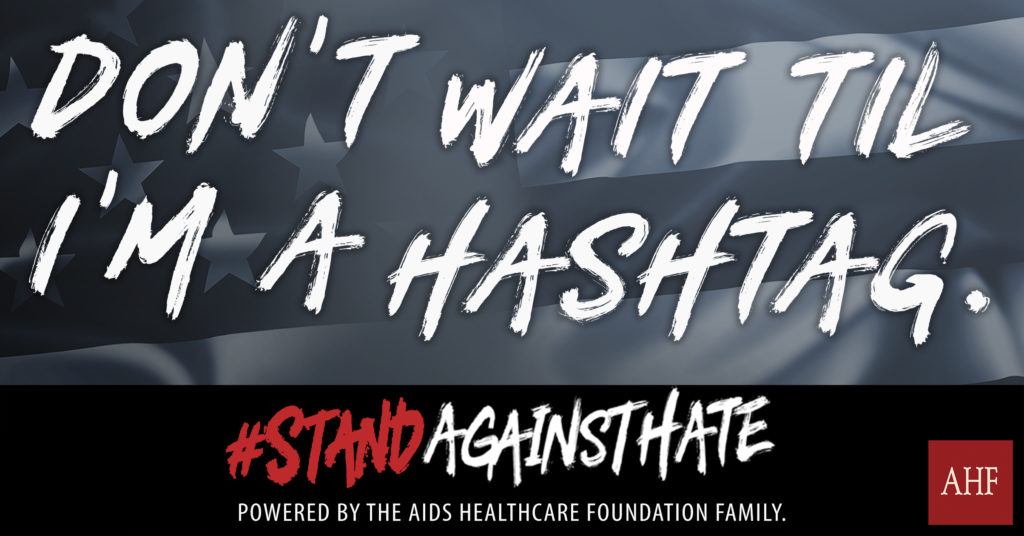On
[Black] Liberation
___
By Jonathan Jackson
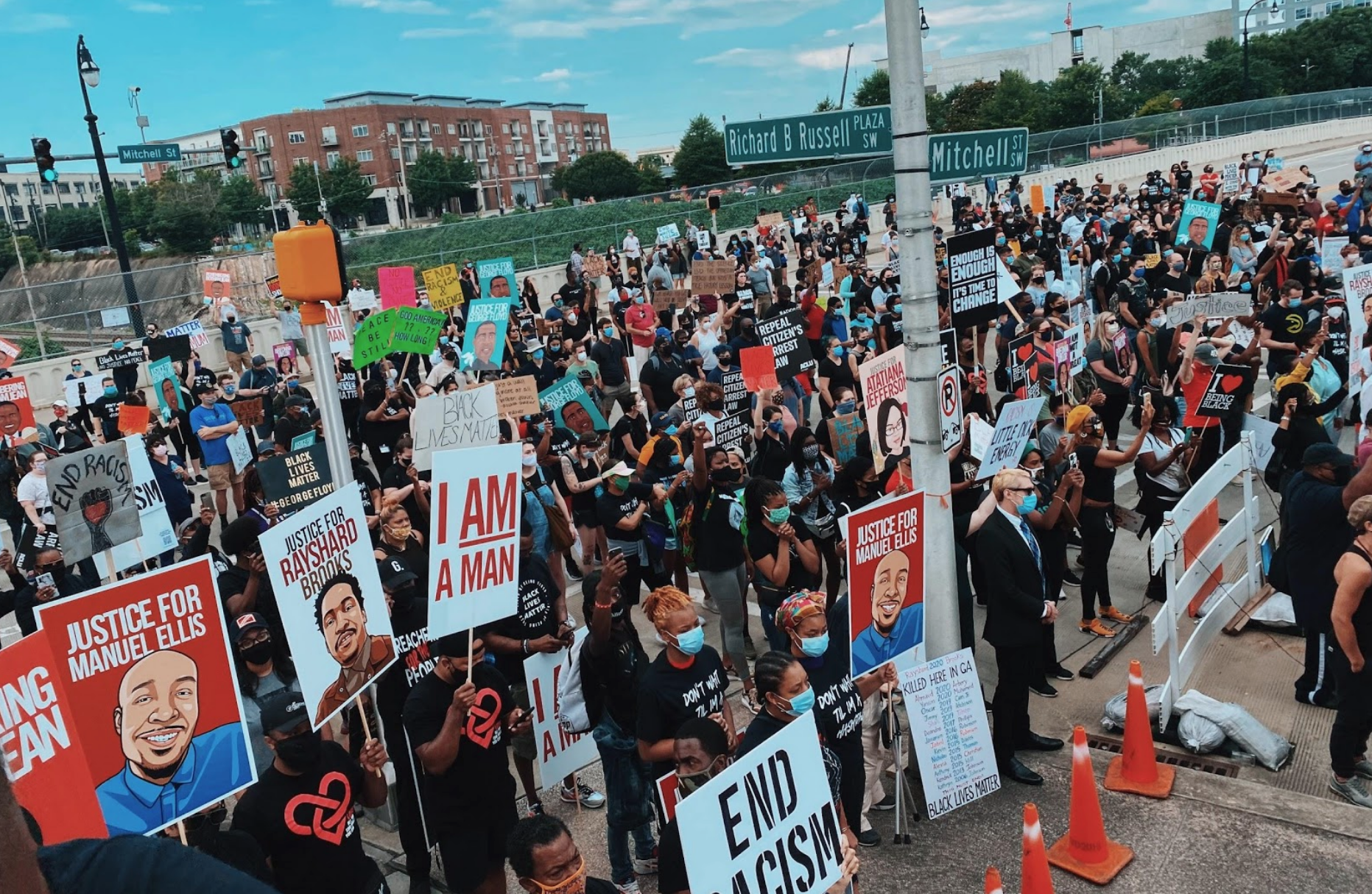
Inclusive Liberation
As we all begin the painstaking process of giving collective attention to the legacy of anti-black slavery and all its sociopolitical expression, we must take the time to reflect on how its legacy continues to leave lasting impacts within the very fabric of our lived experiences as Americans and even abroad. By doing so we take the first step towards healing the soul of the world in which we share. We owe it to ourselves and the future of our potential to be a person’s of vision and empathy, to investigate both our individual selves as we hold places of sociopolitical power accountable for the bigotry that has continued to exist for far too long.
The pain of anti-black slavery and institutionalized racism has expressed itself in a myriad of ways. The economic effects of slavery have left the black community monetarily fractured with no way generating generational wealth and equity; while at the same time, these very fractures have made it possible to build an American dream that excludes black Americans. As such, it is the duty of the people to hold our elected officials accountable for healing those very precious parts of the black community. Such conversations tend to ruffle feathers as the idea of economic inclusion breeds division amongst the people and those in power; because of this, we find it just as prudent to turn our attention to the very soul and psyche of our country and beyond by having conversations about the effects of anti-black racism and hate in all its forms. Black Americans face an entirely different reality than their non-black counterparts in this country because of America's refusal to face a broken and tragic history. As protests erupt around this country and abroad I find it most prudent to not nearly focus our attention on the responses of an oppressed community, but to continue to hold those accountable who make such outburst of pain necessary.
We should also stand with all those who fall under the category of black in order to reach for liberation from the oppression that has shaped the very lives of those in this community. This is to say that the lives of lesbian, gay, bisexual, trans folks, poor folks, wealthy folks, black folks who went to college, black folks who exist in the trade school system, black folks who have yet to learn how to conjugate because our education system has failed so many communities of color— all of these black folks are under the umbrella of the phrase Black Lives Matter. So when we say Black Lives Matter we do not speak only for the most visible of us, but we speak to the unheard, the invisible, and the socially & politically least among us. These are those who find themselves at the most vulnerable spaces in the American project—those black lives matter as well. Hate has no place in the larger economic, social, educational, religious, or political institutions in which we inhabit in living lives of full autonomy and peace. We stand with those who shout Black Lives Matter, and we abhor those who refuse to help us build a world where everyone can feel like they matter. We say that until Black Lives Matter, we say that until all Black Lives Matter, that all lives have yet to matter.
Looking for ways to get involved in solutions without needing to leave home?
This is for you. Petitions. Twitter rallies. Contacting your elected officials on specific issues and more.
Campaigns via Color of Change:
#GeorgeFloyd screamed #ICantBreathe before dying at the hands of #MinneapolisPD. Being Black in America shouldn't be a death sentence. The cops involved were fired, but that isn't enough!
— ColorOfChange (@ColorOfChange) May 27, 2020
Text 'Floyd' to 55156 to demand DA @HennepinAtty charge them with murder. #JusticeForFloyd pic.twitter.com/IYfmpTIqu1


